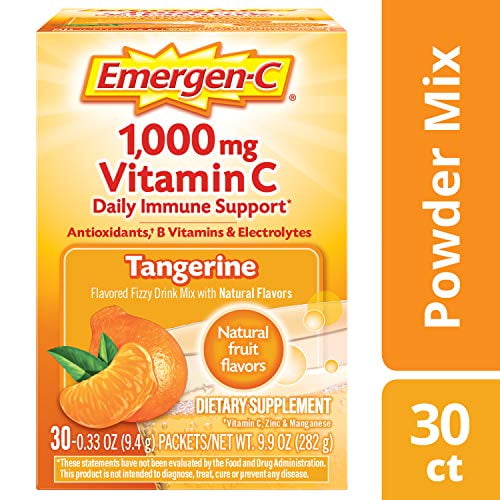

“In fact, it's perhaps even more important in collagen formation than protein is,” Dana Ellis Hunnes, PhD, MPH, RD, senior clinical dietitian at UCLA Medical Center and author of Recipe for Survival, tells SELF. Vitamin C, which is a water soluble vitamin, is a key player in the formation of blood vessels, cartilage, muscle, and the skin-smoothing protein collagen. Your tissues and skin need the stuff too. Higher consumption of antioxidants may lower the risk of contracting these diseases. When free radicals are left unchecked, they can damage cells through a process called oxidative stress, which can set the stage for various conditions, including cardiovascular disease, cancer, Alzheimer’s disease, and diabetes, according to the National Institutes of Health. Antioxidants, as SELF reported previously, help neutralize unstable molecules called free radicals. "Vitamin C is a powerful antioxidant,” Caroline Green, RD, LD, a South Carolina–based registered dietitian and certified intuitive eating counselor, tells SELF. But the health benefits of vitamin C go way beyond launching strong attacks against germs. You might already know that vitamin C, also called ascorbic acid, supports a healthy immune system. And that’s a good thing, considering how important the nutrient is for your health. Foods with vitamin C are easy to find if you know where to look.


 0 kommentar(er)
0 kommentar(er)
